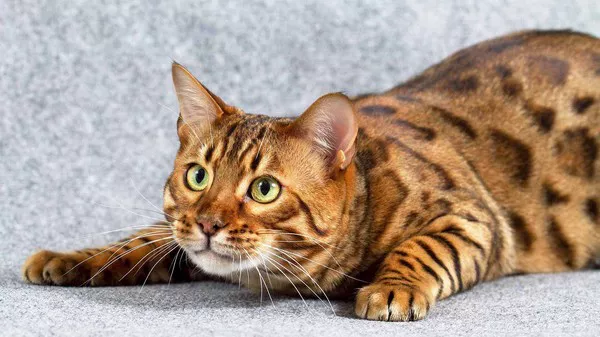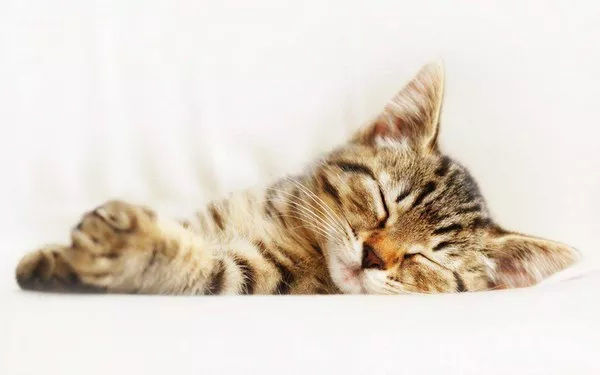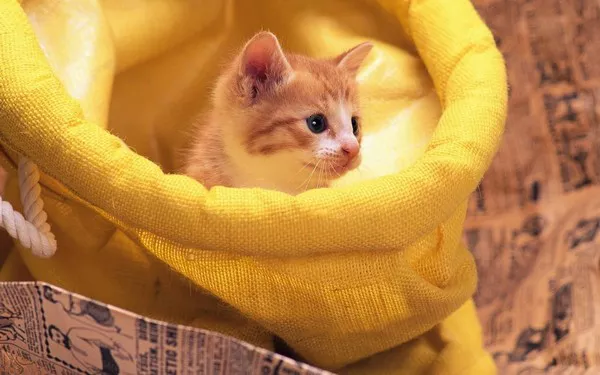Bengal cats are known for their active and energetic nature, and they require a balanced and nutritious diet to maintain their health and well-being. As a Bengal cat owner, it is important to know how much and what to feed your cat to ensure they are receiving the necessary nutrients to thrive.
The amount of food that you should feed your Bengal cat depends on several factors, including their age, weight, activity level, and overall health. Generally, adult Bengal cats should be fed 2-3 small meals per day, while kittens may require more frequent feedings.
When choosing a food for your Bengal cat, it is important to select a high-quality, protein-rich diet that is specifically formulated for cats. Look for a food that contains high-quality sources of animal protein, such as chicken, turkey, or fish, as well as a balance of vitamins, minerals, and other essential nutrients.
In terms of portion sizes, a good rule of thumb is to feed your adult Bengal cat about 3-4 ounces of wet food per meal, or about 1/4 to 1/2 cup of dry food. However, it is important to adjust the amount of food you feed your cat based on their individual needs and activity level. If your cat is particularly active, they may require more food to maintain their energy levels.
It is also important to monitor your Bengal cat’s weight and body condition to ensure they are not becoming overweight or underweight. A healthy Bengal cat should have a visible waistline and their ribs should be easily felt without being too prominent.
In addition to their regular meals, it is also important to provide your Bengal cat with plenty of fresh, clean water. Cats are notorious for not drinking enough water, so it may be helpful to provide a water fountain or offer wet food to help increase their water intake.
When introducing a new food to your Bengal cat’s diet, it is important to do so gradually over the course of several days to help prevent digestive upset. If you notice any changes in your cat’s appetite, weight, or overall health, it is important to speak with your veterinarian to rule out any underlying health issues.
In conclusion, feeding your Bengal cat a balanced and nutritious diet is essential for their overall health and well-being. By providing your cat with high-quality, protein-rich food, monitoring their portion sizes, and offering plenty of fresh water, you can help ensure that your Bengal cat stays healthy and happy for years to come.


























